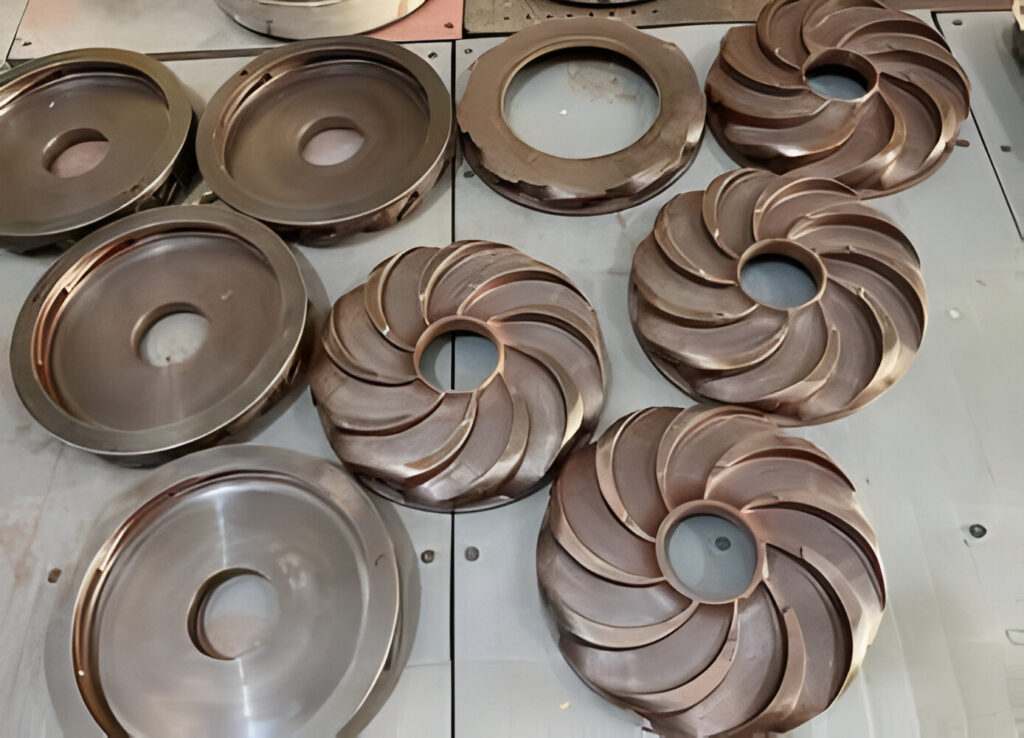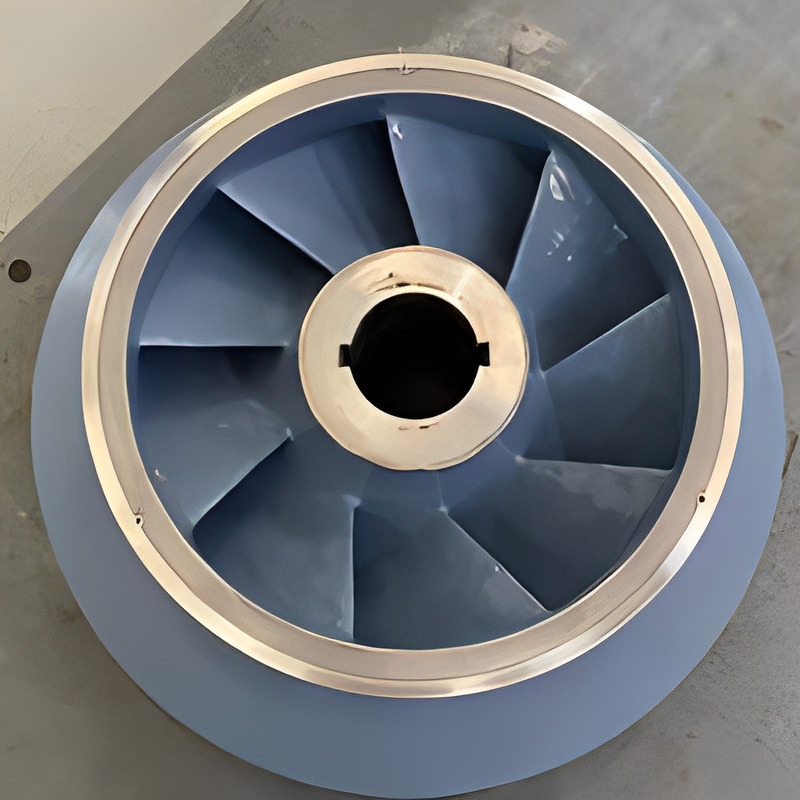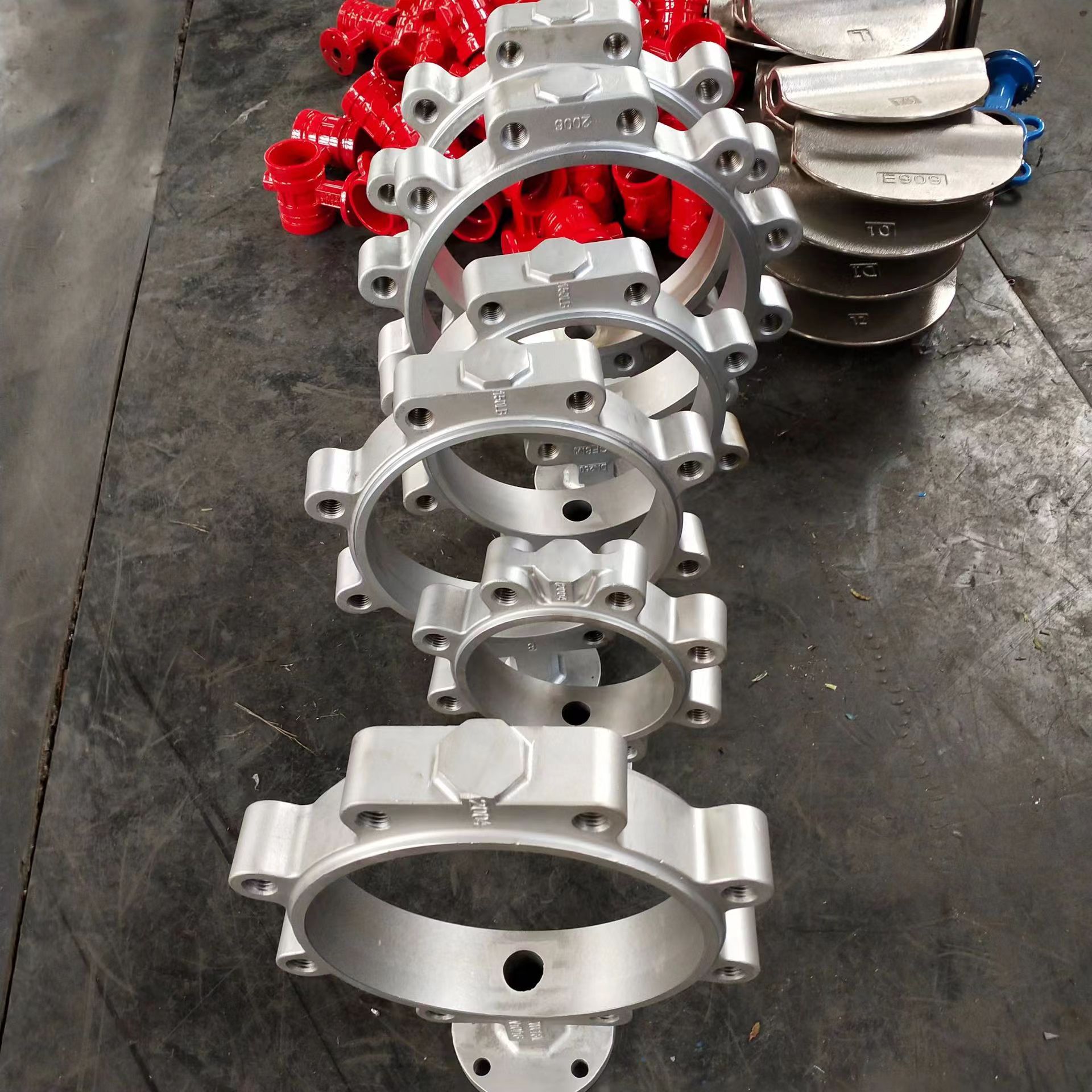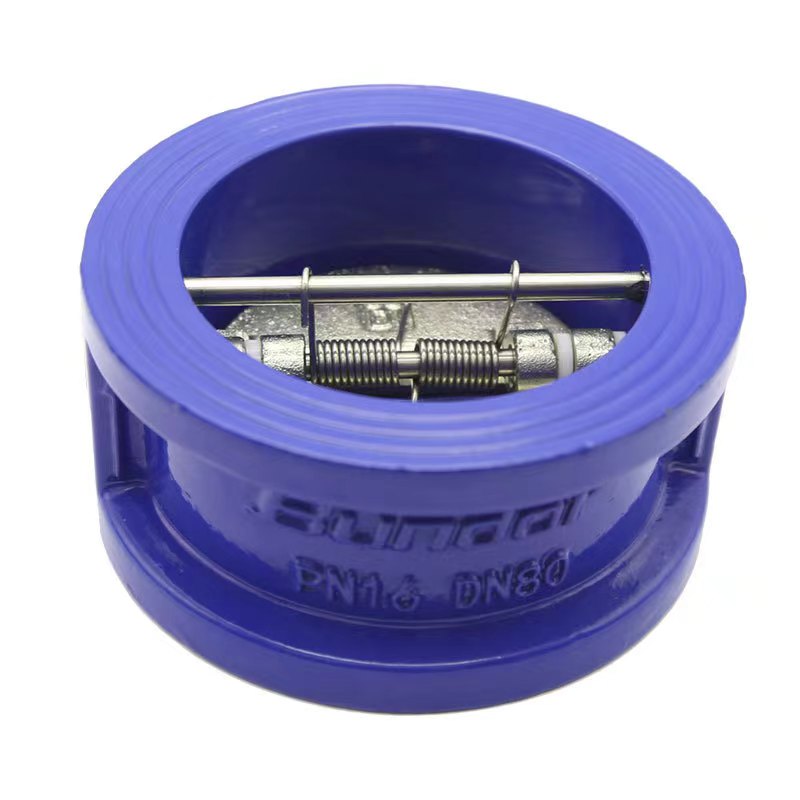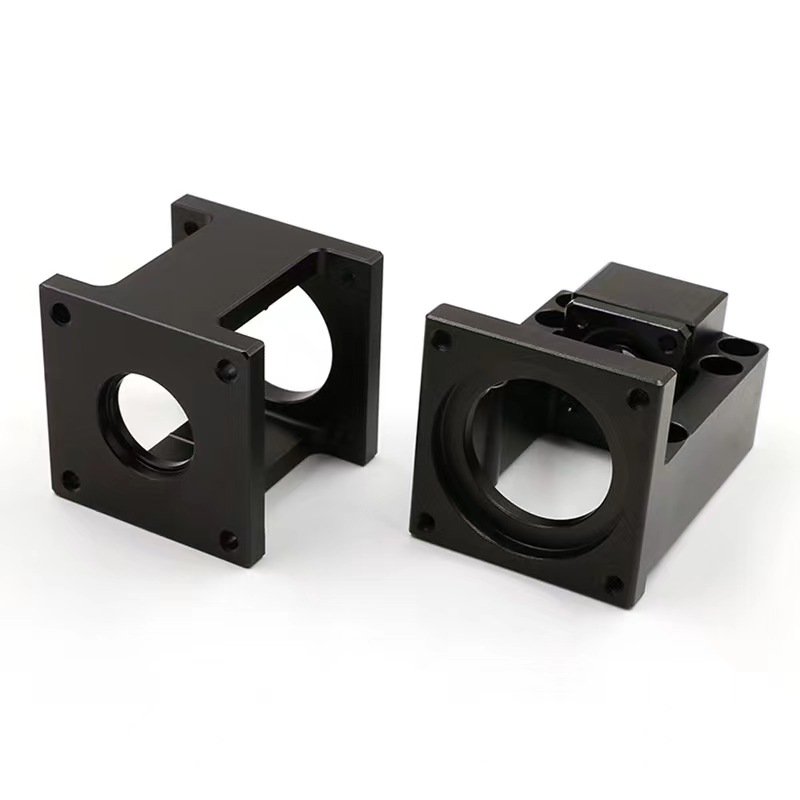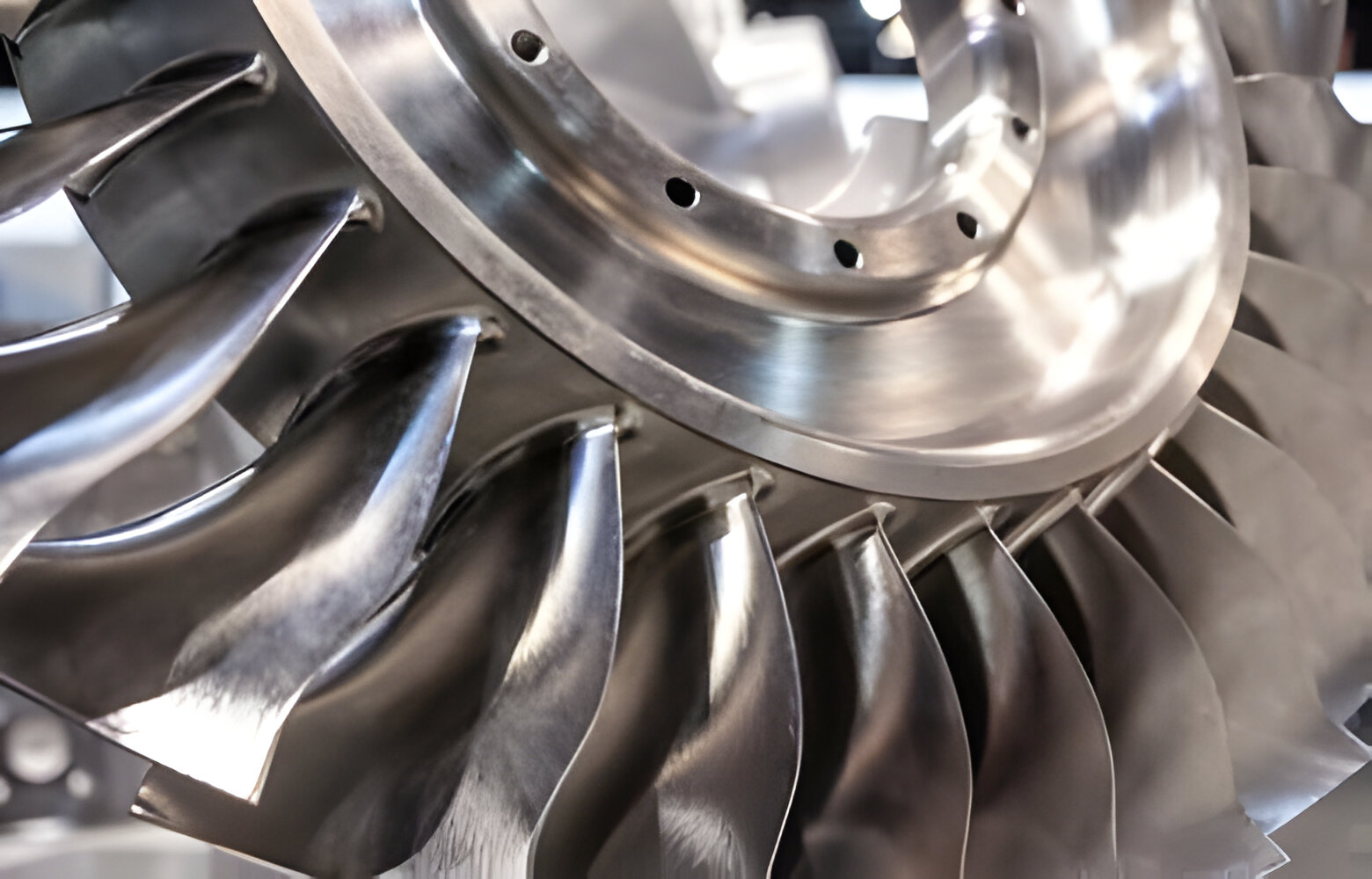When it comes to centrifugal pump systems, one crucial component that significantly impacts performance is the impeller. Choosing between materials like cast iron and bronze for your impeller can make a substantial difference in the longevity and efficiency of your pump. In this guide, we'll explore the characteristics of cast iron and bronze impellers, their manufacturing processes, and the applications where each excels, helping you make an informed decision for your pumping needs.
Understanding Impeller Materials
Centrifugal pump impellers are vital for generating the flow and pressure needed to move fluids through a system efficiently. They come in various materials, each offering distinct advantages and disadvantages. Cast iron impellers are known for their durability, resistance to wear, and cost-effectiveness. On the other hand, bronze impellers boast excellent corrosion resistance, making them ideal for applications involving corrosive fluids or marine environments.
Comparing Cast Iron and Bronze Impellers
Cast iron impellers are typically manufactured through sand casting or investment casting processes. Sand casting is a traditional method that involves forming the impeller shape in sand molds before pouring molten cast iron into the mold cavity. Investment casting, also known as lost-wax casting, provides greater precision and surface finish but tends to be more expensive.
Bronze impellers, on the other hand, are commonly produced through investment casting due to the material's higher melting point compared to cast iron. This process allows for intricate designs and finer details, resulting in impellers with superior hydraulic performance. While bronze impellers may incur higher manufacturing costs, their resistance to corrosion and erosion can lead to longer service life in aggressive environments.
Applications and Performance
The choice between cast iron and bronze impellers often depends on the specific requirements of the application. Cast iron impellers are favored in general-purpose pumping applications where cost-effectiveness and durability are paramount. Industries such as agriculture, wastewater management, and HVAC commonly use cast iron impellers in centrifugal pumps for their reliability and affordability.
Bronze impellers find their niche in applications where corrosion resistance is critical, such as marine pumps, chemical processing, and seawater desalination. The superior resistance of bronze to saltwater corrosion makes it an ideal choice for boat water pump impellers and pool pump impellers, ensuring long-term performance even in harsh marine environments.
Choosing the Right Impeller for Your Needs
When selecting between cast iron and bronze impellers, it's essential to consider factors such as fluid compatibility, operating conditions, and lifecycle costs. While cast iron impellers may offer initial cost savings, they may require more frequent replacements in corrosive environments, leading to higher long-term expenses.
On the other hand, investing in bronze impellers upfront can result in lower maintenance costs and extended service life, especially in applications where corrosion is a significant concern. Additionally, bronze impellers are often preferred for OEM well casted impeller applications where reliability and performance are critical for customer satisfaction.
In summary, the choice between cast iron and bronze impellers boils down to the specific requirements of your pumping application. While cast iron impellers excel in general-purpose applications where durability and affordability are prioritized, bronze impellers offer superior corrosion resistance and longevity, making them ideal for aggressive environments.
At KT Foundry, we specialize in manufacturing high-quality impellers using both cast iron and bronze materials. Whether you need a fuel pump impeller, centrifugal pump impeller, or water pump impeller, we have the expertise and capabilities to meet your requirements. Contact us today to learn more about our impeller solutions and find the perfect fit for your pumping needs.

